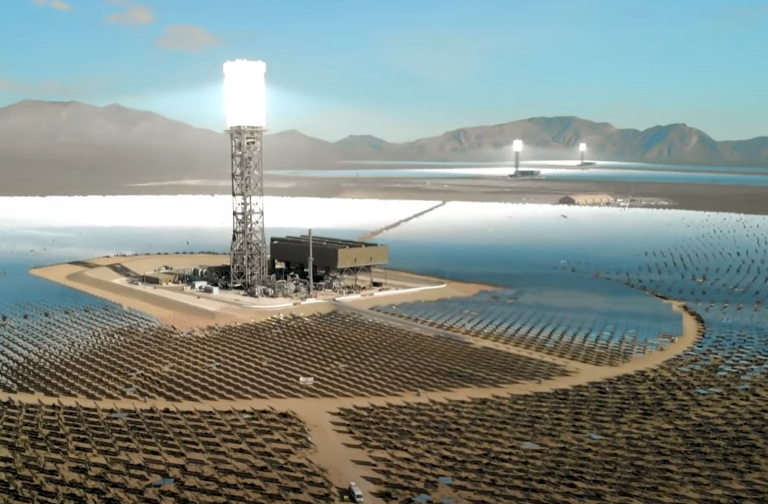Planet of the Humans: Reviewing the Film and its Reviews

If you haven’t seen the latest (and arguably the most contentious) documentary on renewable energy, be prepared for an aftertaste of mixed feelings.
Joining hands with the controversial Michael Moore, environmentalist and filmmaker Jeff Gibbs has sent an eerie message that is now somewhat dividing the climate movement—in many ways for the worse, but, in a few others, for the better.
So, at least, one could argue is the case of Planet of the Humans. After engaging briefly with some of the well-deserved criticisms the film has received thus far, there are nevertheless some important aspects brought to our attention by the movie.
Specifically, at one point in the documentary, Gibbs touches upon the religious and existential dimensions underlying our ecological hot waters—aspects that, for what it seems, many of his critics have left unaddressed. Hence the focus towards the end of this review will fall on the cosmic role of religion (or cosmology, if we will) in helping us engage with “the great scheme of things”, to use the phrase of one of the scholars interviewed in the documentary.
But first a sketch of the film and its criticism.
What is the Central Claim of Planet of the Humans?
Drawing implicitly on the legacy of renowned environmentalist Rachel Carson, in essence, Planet of the Humans calls into question the solutions proposed by so-called renewable technologies. Such solutions, Gibbs argues, are to a degree or another an extension-in-disguise of the same problems created by our technological society. For one, solar panels and wind towers still burn fuels to be produced; for another, they rely on copious amounts of minerals and rare earth metals. More worryingly, what Gibbs calls “the narrow solution of green technology” keeps feeding the pockets of a smaller few at the expense of the greater rest, leaving underlying societal problems unattended.
…click on the above link to read the rest of the article…